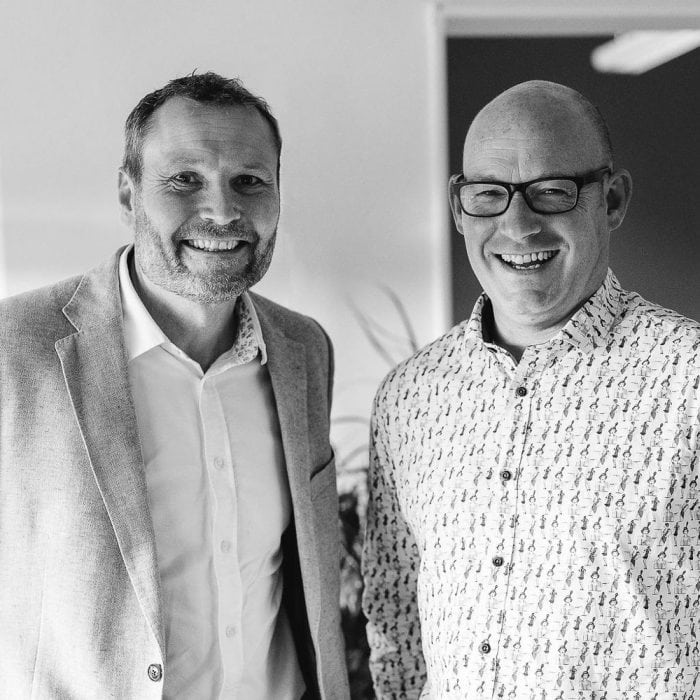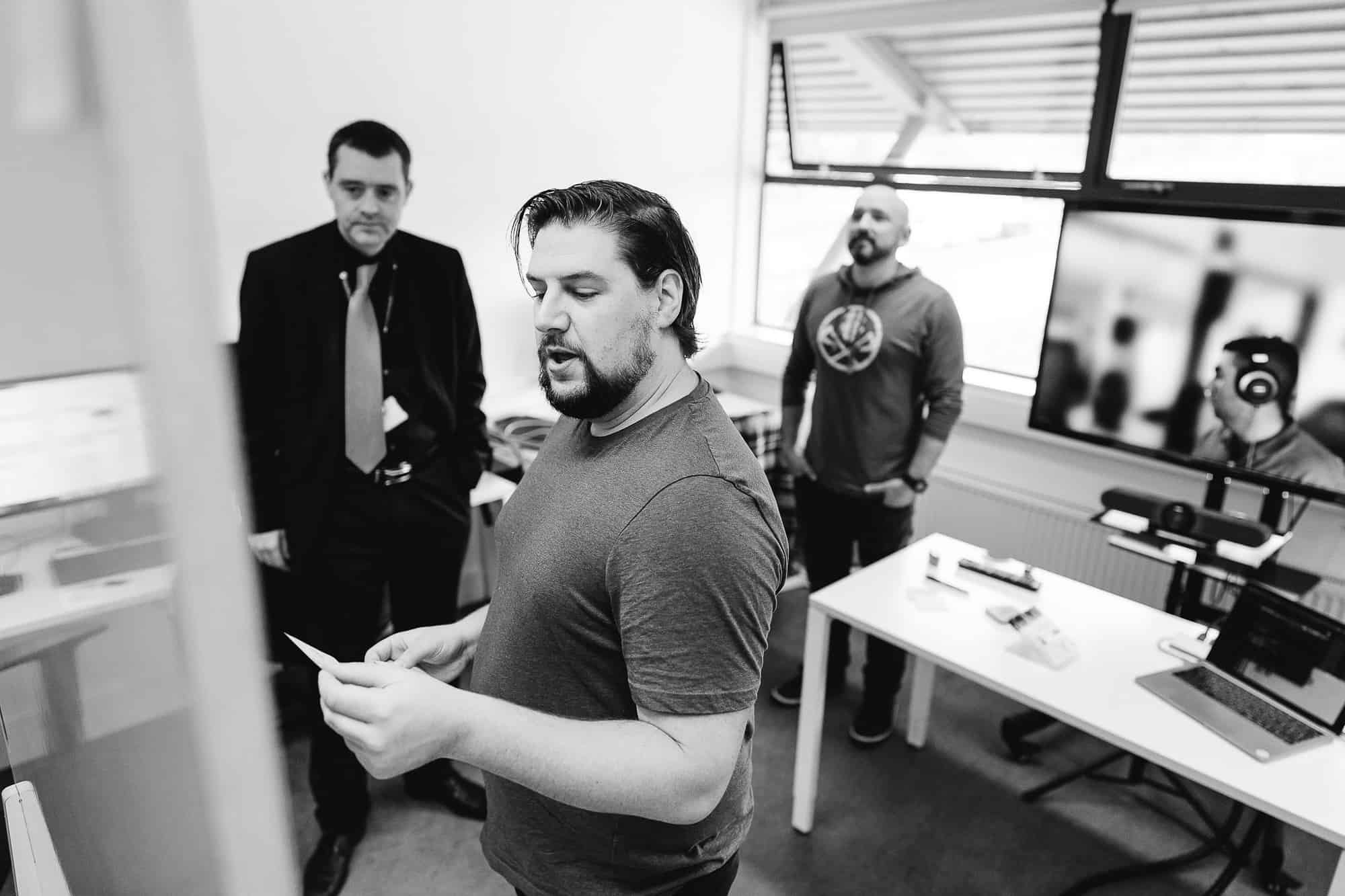
Two heads are better than one
Headforwards founding director Toby Parkins introduces Headforwards Advisory. Learn how it can help you leverage the greatest value from your software, data, cyber and cyber security.
Talk to most developers and they’ll tell you the value of working on technical debt – both for their own due diligence and the value offered to end clients in terms of product quality.
But while addressing technical debt is an undoubtedly important activity, it’s very much a ‘business as usual’ exercise, and generally doesn’t help developers regroup and upskill.
You see, for developers working on back-to-back sprints, it can be a long old slog. The pace of development is fast, and there’s little downtime between sprints to analyse, reflect, and reboot.
It’s why we introduced “technical sprints” to our product team last year following a recommendation from one of our developers who had experienced a similar initiative in their previous role. It means that for every five or six sprints we complete, we then do a two-week technical sprint where no customer driven work takes place.
During this two-week period, we empower our developers to work on whatever interests them – whether that’s investigating a new technology or indeed working on technical debt. The only caveat is that it links back to our client work or investigates future technology that might be beneficial to Headforwards and our clients.
That’s not to say during this period we don’t carry out business-as-usual tasks and essential maintenance. In fact, we still collaborate with our client-side colleagues and have regular meetings for future projects. But at their core, technical sprints provide us with much-needed time to reflect and hone our skills.
We of course understand that taking out two weeks from direct client work every few months is a big ask, even for the most understanding clients. But here’s why I think it’s a hugely valuable exercise, and why the medium-to-long term benefits for our clients far outweigh the relatively short break in development sprints.

Technical sprints enable developer-driven investigations into things that can help our clients in the future, enabling our people to stay at the cutting edge of technology, keep abreast of evergreen vendor updates, and maintain their industry expertise.
What’s more, by creating a scheduled break between development sprints, we find it has a positive effect on team morale, empowering them to work on what they want and acting as a mental reset to reduce the risk of burnout.
The benefits can also be very real for our clients. For example, we’ve recently built an AI receipt scanning Proof of Concept using new technology provided by our supplier. Whilst there will be steps to take this from PoC to production in the future, we know that the client has a real-life use case for this, and that it will introduce huge savings for them in the future, and we’ve given ourselves a head start. We also used a recent technical sprint to change the way that we build and provision resident facing forms, streamlining them and creating reusable components that will allow us to go quicker. Both of these innovations are the result of experiments carried out during technical sprints and wouldn’t have likely been discovered otherwise.
Simply, technical sprints are a win-win-win situation for Headforwards, our clients, and our people. We maintain a team of highly experienced professionals that deliver outstanding work for our clients. And in return, our people are given the opportunity to develop their skills and advance their careers.
For technical sprints to work as a benefit for all, a strong client-vendor partnership is essential. Why? The client needs to understand the value that a technical sprint can bring to their business, even if it’s not as outcome oriented as ‘normal’ sprints are. They need to buy-in to the importance of empowering the team to stay at the cutting edge of new technology and experience the difference the technical sprints can make to the client-team relationship. Software development is creative work, and creative work needs space for exploration.
At Headforwards, we take a long-term approach to our client projects. That’s not to say we don’t have teams working on shorter ad-hoc projects, but the bulk of our work is carried out over contracts spanning several years. And to be honest, technical sprints might not always be viable or appropriate for shorter-term development cycles. During this time, we get to know our clients very well, often embedding our development teams with theirs as if they were colleagues. We believe this gives us a distinct advantage over other outsourced development companies. And it’s this strong professional working relationship – that takes time to nurture – that makes technical sprints feasible.
Like everything at Headforwards, Agile practices dominate our thinking, and our technical sprints are no different. We regularly review and tweak our technical sprint processes to ensure they always evolve with the times, staying fit for purpose.
For example, each member of the team does a “show and tell” at the end of each technical sprint, presenting their work and highlighting anything interesting for the wider team. This is also everyone’s opportunity to make recommendations for new techniques or technologies to be considered at Headforwards in the future.
We’re convinced that our approach to client work is unique. As a consequence, our clients can expect quality projects delivered by teams that have continuous evolution in their DNA. So, you can rest assured you’re benefiting from the latest development techniques and expertise.
If you’d like to learn more about how we work, get in touch with us today.
Headforwards™ is a Registered Trade Mark of Headforwards Solutions Ltd.
Registered Address: FibreHub, Trevenson Lane, Pool, Redruth, Cornwall, TR15 3GF, UK
Registered in England and Wales: 07576641 | VAT Registration Number: GB111315770